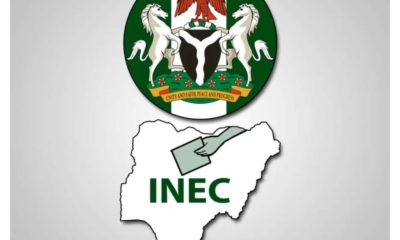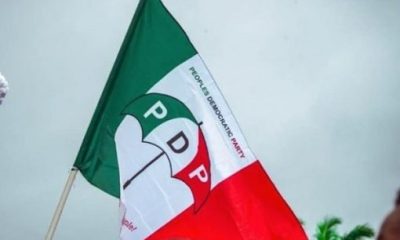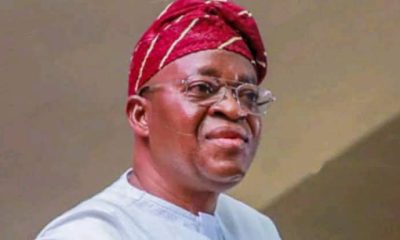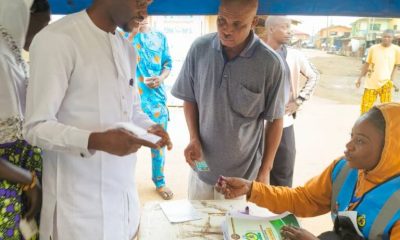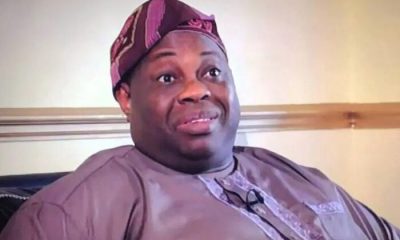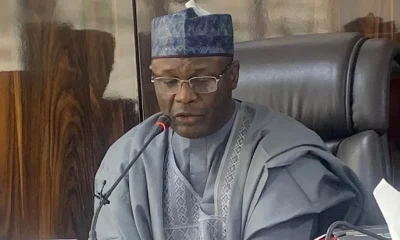News
[ThursdayRapAround] Election Bells And The Quest For Good Governance
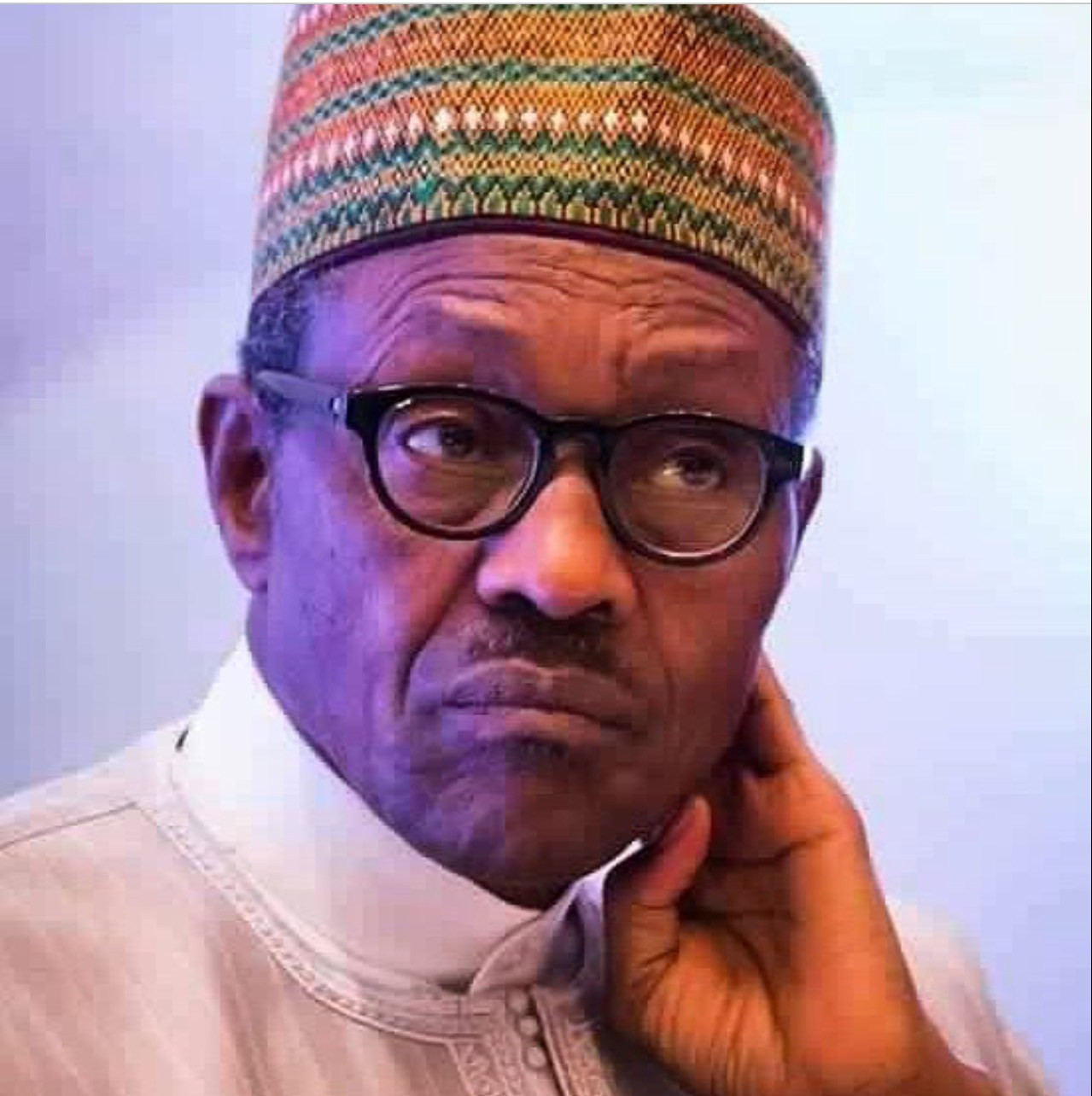
By Michael Ayotunde
In most developing countries, good governance is usually misconstrued to mean different thing entirely.
The definition attached to the concept of Good Governance in a nation like Nigeria, for instance, is a function of the perception of whoever is on the saddle at that material time. This does not however confer automatic acceptance or at best, a global recognition. This is because the so-called leaders are known to impose their self-wills on others.
Such dispositions are usually characterised with underline motives and are for immediate or remote, pecuniary gains.
In the real sense of it, good governance is basically about how the public sector in third world countries can be developed. It is integral to economic growth, the eradication of poverty and hunger, and ensuring sustainable development.
It has been argued that a modern form of government is not just only about efficiency, and that governance is also about accountability between the state and its citizens.
This underscores how people are treated not merely as consumers, masses, downtrodden – the very people who are usually given handouts, left overs (all in the name of democracy dividends), but as citizens with Rights and Dignity, who have the rights (as clearly stipulated in the constitution) to hold their governments to account for the actions they take or fail to take.
The World Bank, as part of its global agenda, usually insist on good governance practice, among others, as a pre-condition from the developing countries. In line with its principles and policy interventions in developing countries, good governance involves an efficient public service, an independent judicial system and legal framework to enforce contracts and responsible administration of public funds.
Other requirements for good governance, according to the World Bank, include an independent public auditor who is to oversee the flow and deployment of scarce resources, respect for the law and human rights at all levels of government and other relevant institutional structure.
Apart from these, good governance is predicated on three segments of the society which have direct effect on governance. These are:- The type of political regime, the process by which authority is exercised in the management of the economic and social resources, and the capacity of governments to formulate policies and have them effectively implemented.
From the foregoing, does anything suggests or indicates clear-cut semblance between what our so-called leaders in Nigeria normally classify as good governance and the specific descriptions from the world bodies?
In Nigeria of today, it is a known fact that political leaders are only active or usually seen to be doing something to better the lots of the people, particularly when elections are around the corner. This deceptive inclinations have unfortunately crept into our socio-political system, and are dictating every bit of and the turn of things in the country.
Analysts have argued over the years that the ruling class deliberately encourage impoverishment; that they use this as political weapon to ceaselessly put the people under perpetual subjection. This they do unashamedly to lure unsuspecting masses with sole aim of winning their support at all cost. Else, how do we justify the distribution of items such as – repackaged bags of rice, Ankara fabrics, petty cash, organising free medical outreach, distribution of eye glasses and the likes particularly when elections are close by?
As is usually done, these items and several others too numerous to mention are distributed during pre-election time. But once elections are over, they disappeared into thin air until the next election period.
This has always been the trend with career politicians in the country, though with few exception – especially some of them who truly have the love of the country and the people at heart.
Some have perfected the art of ceaselessly breeding political thugs; with well-structured ‘formations and commands’ here and there and with full backing of the powers that be. They are the foot soldiers who they unleash to cause troubles during election periods.
With calls for restructuring and the need for true democratic tenents, there have to be, firstly, serious attitudinal change on the part of both the ruled and the rulers. There is need to have this attitudinal change engraved in our consciousness and sub-conscious state, such that the true values, morals expected to make our society functional and virile, are allowed to take their course naturally.
This simply means that restructuring without serious attitudinal change will take us nowhere. As long as those aspiring to be leaders have one goal – self-enrichment in whatever form, we will continue to wallow in an endless circle.
It is always better and safer to learn from history, learn from developed nations – in order to place our dear nation on sound footing.
-
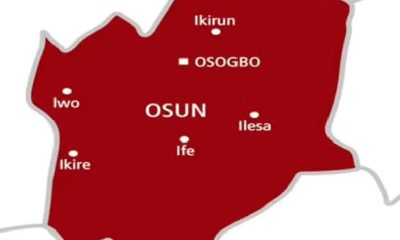
 Opinion5 days ago
Opinion5 days agoThe Clout-chasing Dipo Awojide By Comrade Da’Peace
-

 News4 days ago
News4 days agoRamadan, Lent: Shettima Calls For National Unity And Compassion
-

 Opinion4 days ago
Opinion4 days agoReinventing Osun’s Economy Through Dagbolu Intl. Trade Centre: From Quiet Market Lessons To Regional Trade Revolution By Adeboye Adebayo
-
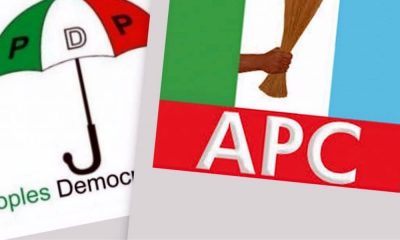
 News4 days ago
News4 days ago‘Wike Factor’: Another PDP Chairmanship Candidate Steps Down For APC In FCT



